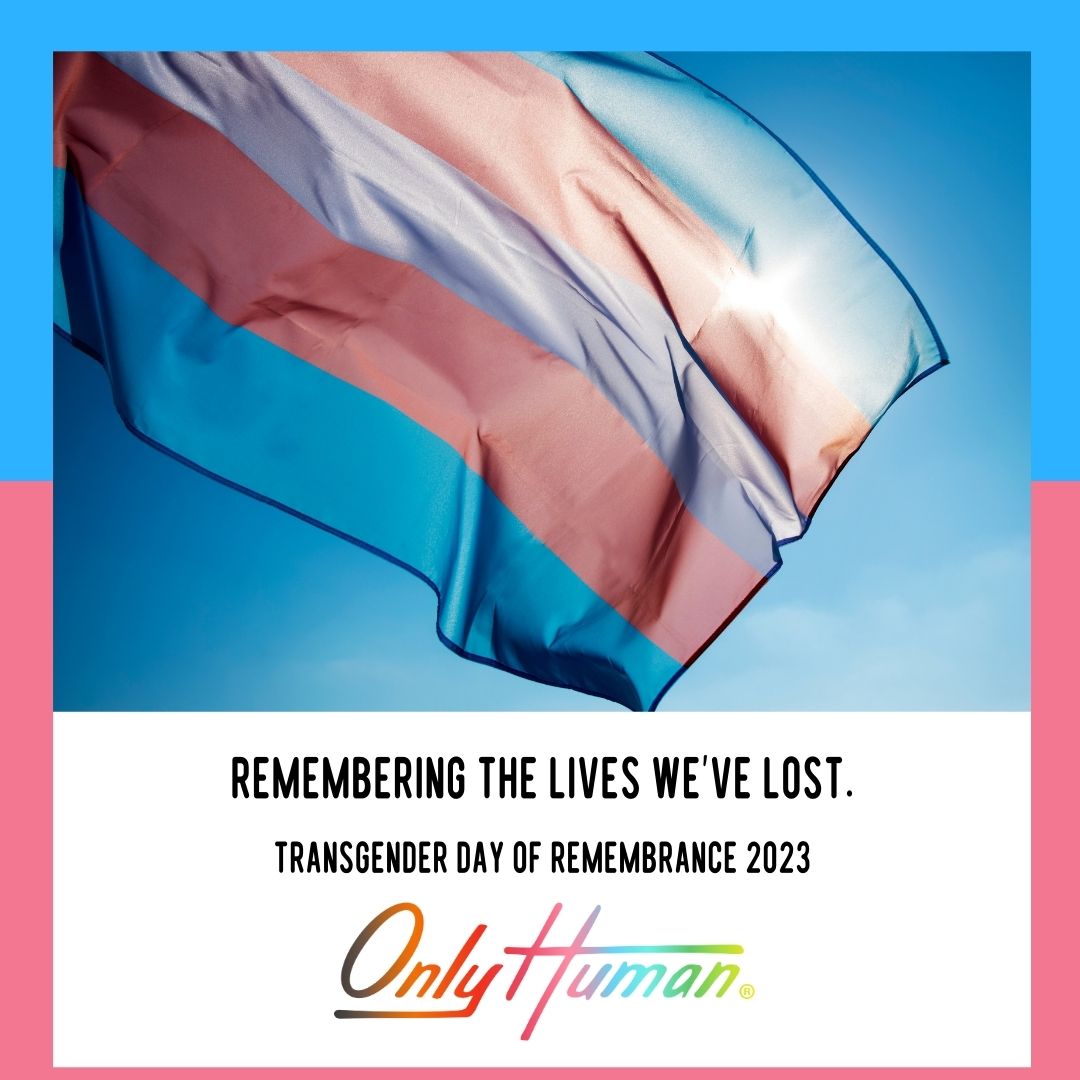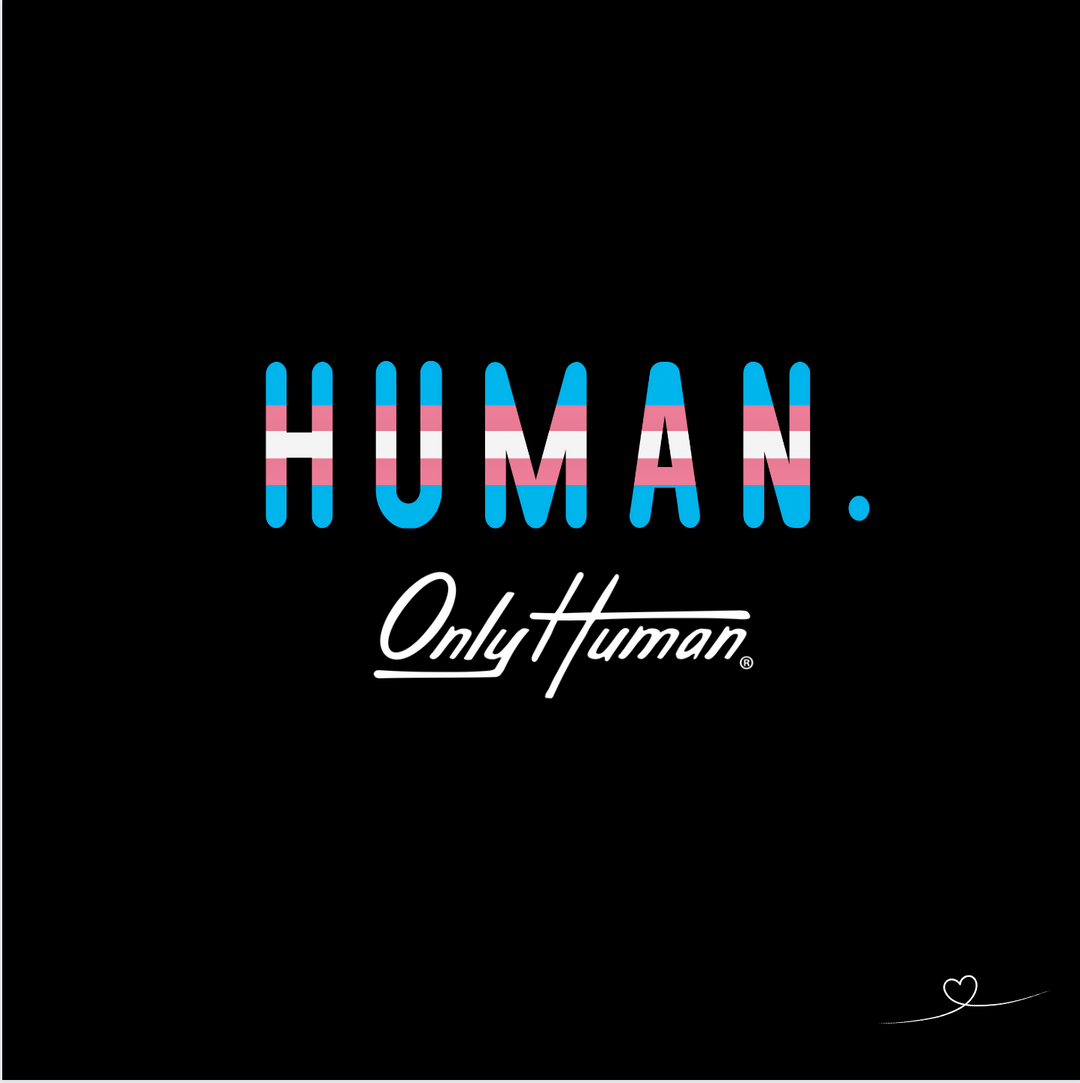The D Word

Discrimination sucks. It’s never okay. But that doesn’t stop it from happening. As a transgender person, I know this all too well.
For me, the healthcare system is a minefield. Do I tell doctors the truth about my gender identity? Do they even know what it means to be transgender? Will they write this in my medical record and out me to my insurance company? Will they ask me invasive, ignorant and inappropriate questions about my body? Will they agree to treat me at all?
I have good reason to worry. Because on more than one occasion, I’ve been insulted, embarrassed, outed or outright refused care by doctors because of my gender identity—or their perception of it. One story, in particular, stands out though.
It’s important to note that not all trans people seek surgery as part of their transition. In fact, many don’t medically transition at all. But for me, top surgery was an absolute imperative. However, before I could have surgery, I was required to provide my surgeon with a pre-surgical clearance. That meant contacting my family doctor’s office to make an appointment for the necessary bloodwork, EKG, and other tests needed. The problem was, my family doctor did not know I was trans. And if he found out, what would happen then?
It was a Friday afternoon when I picked up the phone to call for an appointment. I remember feeling extremely anxious. But, I knew I had to suck it up and do it. Slowly, I punched the clinic’s number into my phone and waited for a response on the other end of the line.
“Arcadia Family Clinic. How can I help you?” She sounded pleasant. Maybe this wouldn’t be so bad. I took a breath and said that I’d like to make an appointment with Dr. Doris for a pre-surgical clearance.
“Okay, have you seen him before?” Yes. I explained he’d been my primary care doctor for the past ten years.
“What type of surgery are you having?” I took an extra deep breath…then told her I’d rather not say. Her pleasant tone turned to annoyance.
“Oh….um….why? Is it personal?” Yes.
“Ohhh-kaaaay. Well, give us your surgeon’s information so we can fax them our forms. Once we get their paperwork back, we’ll call you to schedule your appointment.”
Immediately my brain started to backpedal. Was this how it normally worked? Should I bail out? I told myself to stop being paranoid. Besides, I had no other doctor to go to. And I needed these tests done, soon. So, I choked out my surgeon’s contact info and quickly hung up. 30 seconds later, I was on the phone with their office instead. My voice was shaky when I told the receptionist what my family doctor needed. I asked if that was standard operating procedure. She said it was not, but that they’d take care of it. I also asked if I was required to disclose the type of surgery I was having.
“No, not at all. That’s your personal information. You don’t have to tell them anything you don’t want to.”
Over the next few days, I tossed and turned, trying to talk those red flags away—but to no avail. First thing Monday morning, I called the surgeon’s office back and told them I was considering trying to find a different doctor to perform my pre-surgical consult.
“I’m really glad to hear you say that,” she replied. “Because we received their paperwork. And I gave it to Dr. Garramone. He took one look at it and said, ‘I’m not signing this.’”
I gasped. Really? Why?
“Because…they are requiring him to sign a form saying that he is not performing transgender top surgery on you. Without that signed form, they refuse to see you.”
But, but, but…how could they know what my surgery was for? I didn’t tell them! Did they?
Nope. Apparently, Google search did. While Dr. Garramone does perform other procedures, he’s most well-known for FTM top surgery. So, it was an easy leap for Dr. Doris and his cronies to make. But, that doesn’t mean it was an ethical one. Which begs an obvious question. How do doctors, like Dr. Doris, decide who they will and will not treat? Do they make decisions based on personal morals? Or religious beliefs? Or are they controlled by self-righteous medical groups who pull the strings? And let’s get real. If I had breast cancer and needed a double mastectomy, would Dr. Doris turn me away? Doubt it. And what about breast enlargement? If I just couldn’t live one more day without those voluptuous double D’s, I’m quite certain he’d have no problem taking my money.
All I know is I was left without a doctor three weeks before the most critically important surgery of my life. Eventually, I found another doctor to perform my pre-surgical clearance. But, it was not easy. And somehow, that doctor got the idea that I was having a hysterectomy. (Let’s just say that my gynecologist did me a real solid by not only referring me to the doctor who does her pre-surgical hysto exams but by writing up my test orders on her own letterhead to help ensure I wouldn’t be refused service again.)
If the story stopped there, it would still be messed up. Unfortunately, it does not. One week after my surgery, I ended up in the emergency room with a blood clot in my leg. I had a potentially life-threatening condition, and I couldn’t risk being refused treatment. So, when I told the ER doc that I’d had surgery recently and he asked what my surgery was for, I froze.
If I told the truth, would he refuse to treat me, too?
Considering the location of my incisions, I sure as heck couldn’t say I’d had a hysterectomy. So, I told him the only thing I could think of that would be plausible without outing me as transgender (and potentially exposing me to more discrimination). I told him I’d had a “breast reduction.”
Turns out, discrimination isn’t the only thing that sucks. Lying does, too. Especially when it’s about something that’s central to who we are as humans—our own identity. But for me, it was a small price to pay. And one, like my surgery, that insurance didn’t cover. But don’t get me started on that.
Story submitted by Decker.










Leave a comment